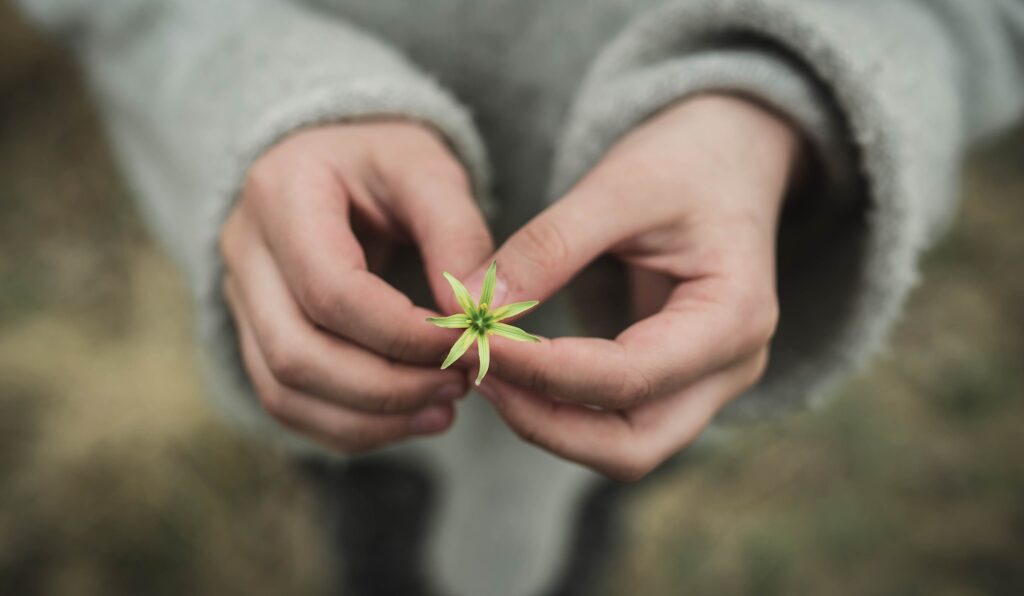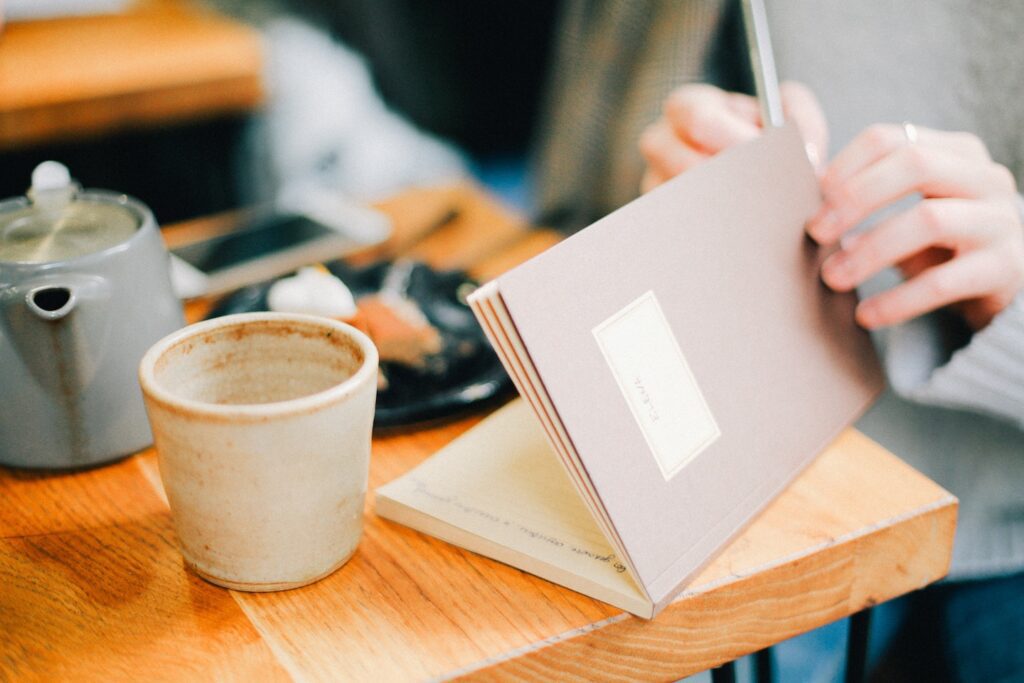
Could devoting yourself to tiny acts of beauty, gratitude, or creation for 100 days change your life?
It did for Suleika Jaouad, a writer who, in her early twenties, invented a 100-day project to help her deal with her leukemia treatments. In her book Between Two Kingdoms: A Memoir of a Life Interrupted, she chronicles her story, taking us behind the scenes of a life that is difficult, generative, and awe-filled. During her years of treatments, she discovered that devoting even a few moments each day to creative acts could help her survive in a world of hospitals, waiting rooms, blinking lights, medicine, treatments, fears, and hopes.
She writes:
“I decided to reimagine my survival as a creative act. If the chemo sores in my mouth made it too painful to talk, I would find new ways to communicate. As long as I was stuck in bed, my imagination would become the vessel that allowed me to travel beyond the confines of my room. If my body had grown so depleted that I now had only three functional hours each day, I would clarify my priorities and make the most of how I spent my time in bed.”
Journaling every day became her creative focus. She reorganized her bedroom to keep her writing supplies near.

The project ensured that every day she could experience a moment of happiness, even when she was traveling through hell.
Over time, her journal provided material for the blog she wrote for young adults with cancer. That blog soon gained a dedicated following. After a blog entry was shared with The Huffington Post, she received an invitation to write a column for the New York Times. Then, while in remission, she wrote Between Two Kingdoms—a book I highly recommend.
100 days of happiness
Building on her example, the goal of a 100-day project is not to produce an output, grow a following, or create anything important. It’s a way of organizing life to insure that one experiences a simple act of happiness each day— even when times feel difficult.
“After my diagnosis, putting pen to paper was what allowed me to hold onto a sense of self even as I deterioriated—even when I no longer recognized myself in the mirror. It gave me the illusion of control when I’d had to cede so much of it to caregivers. Trying to render the experience in words made me a better listener and observer of not only others, but also the subtle shifts in my own body.”
“Writing saved me.”
During her many rounds of treatments, she expanded into painting with watercolors and set up a small painting platform in her hospital room.
A challenge for you to try

Hopefully, you’re not facing anything as dreadful as the leukemia with which Suleika struggles (sadly, it has come back). But giving yourself a 100-day challenge is a way to boost your everyday happiness, self-appreciation, and creativity.
There’s no right way to take on such a project, so you can shape it around what would be meaningful to you. I know that for myself, creating daily, through writing, gardening, or art often helps me pull through turbulent waters.
Here are three variations of a 100-day challenge to consider (and the elements can be combined.)
- The noticing challenge: Practice stillness and observation, and notice one small beautiful thing each day. All the better if you might not have seen it otherwise.
- The gratitude challenge: Extend your usual practice of gratitude by finding ways to go beyond what you’d normally do to thank someone or share the gratitude and appreciation you feel but rarely express. Experience what voicing gratitude does for you and the person you thank—that person could be yourself.
- The creating challenge: Spend at least ten minutes creating something. It might be taking a tiny step forward on a project, or adding a new ingredient to a soup. You decide.

The “rules” of a tiny beautiful acts 100-day challenge
Here are the rules I suggest for a challenge—take what you like.
- There are no rules—invent what works best for you. All the rest follow from this one.
- Be kind to yourself—each tiny beautiful act you do is a blessing. Never beat yourself up for a day that didn’t go as planned. Celebrate whatever you do.
- Keep asking, “What small action will bring me more alive, or offer a moment of happiness?”
- If it helps, make a list of potential deeds—and write them down. Or don’t preplan and see what comes to you.
- Design your life to support a daily practice.
- If noticing, appreciating, or creating is already part of your program, use the challenge to extend beyond what you would usually do.
- Keep what you do private—or share it with a buddy.
I think if we all practiced doing tiny beautiful acts that supported our observation, gratitude, or creativity, the change we’d feel around us would be monumental.
[/et_pb_text][/et_pb_column] [/et_pb_row] [/et_pb_section]









2 Responses
What a wonderful post Sally. I will check out the book. How inspiring. Writing would help me survive too. Writing helps me get into the flow and time just goes! Thanks for sharing this great story. Take care.
Great to hear from you as ever.